Final Moments, Lasting Love: End-of-Life Care at North Royalton Animal Hospital
Few moments compare to the heartache of realizing that your pet’s time may be coming to an end. Maybe your senior dog no longer greets you at the door because standing has become too difficult, or perhaps your cat, once eager for meals, has begun turning away from food entirely. These small but significant changes leave families wondering if their companion is still comfortable, and if they are making the right choices.
At North Royalton Animal Hospital, we understand how heavy these questions feel. Our team is here to provide compassionate guidance, urgent support, and thoughtful veterinary care during this chapter.
What End-of-Life Care Means for Pets
End-of-life care, often called palliative or hospice care, focuses on comfort rather than cure. It does not mean giving up on your pet. Instead, it shifts the goal from extending life at all costs to ensuring the time they have left is free from unnecessary pain or distress.
This approach may include medication to ease discomfort, nutritional support to keep pets eating, or simple changes at home that make day-to-day life easier. It also means giving families the information and emotional support they need to feel confident in their decisions.
Recognizing Changes in Quality of Life
Quality of life is about more than survival. It is about whether your pet is still finding comfort, joy, and connection in their daily routine. Structured tools like the Quality of Life Scale and LSU’s quality-of-life assessment help pet owners to make decisions about their pet’s comfort.
Veterinarians often encourage families to think about:
- Pain: Can your pet rest without discomfort? Do medications provide enough relief?
- Hunger and hydration: Are they eating and drinking, or are meals a constant struggle?
- Mobility: Can they move independently, or is weakness causing frustration and accidents?
- Happiness: Do they still enjoy family interaction, or are they withdrawing and restless?
- Overall balance: Are there more good days than bad?
No two pets-or the illnesses, traumas, and families who love them-are ever the same. Caring for an aging companion can feel overwhelming, and at North Royalton Animal Hospital, we are here to guide you through every decision with clarity and compassion. Our Cat Friendly practice ensures felines have calm, low-stress visits in a space designed just for them.
What End-of-Life Care May Include
Every pet’s care plan is tailored to their unique needs, but it often combines medical support with lifestyle adjustments. Our goal at North Royalton Animal Hospital, and through our partnership with Paws at Play Pet Resort, is to ensure your companion’s medical, social, and emotional needs are met with dignity.
Medical Needs
- Pharmaceutical Management: Pain control with NSAIDs, gabapentin, or opioids; appetite stimulants; hydration support with subcutaneous fluids.
- Integrative therapies: Noninvasive treatments such as laser therapy or platelet-rich plasma (PRP) injections may reduce inflammation and support mobility.
- Dental care: Regular assessments by our dental team can ease painful oral disease that is common in senior pets.
- Assistive devices: Many pets struggle with rising and walking. Slings, booties, special harnesses, and braces may be able to help your pet with daily mobility.
Social Needs
Senior pets benefit greatly from safe, structured interaction. At Paws at Play’s doggie daycare, older dogs are grouped by temperament and energy level, ensuring they can socialize without being overwhelmed by younger, more rambunctious pups. Gentle play, time outdoors, and the comfort of companionship help keep pets engaged and prevent the isolation that can come with aging. Cats also enjoy enrichment and attention through individualized activities that respect their unique personalities.
Grooming Needs
As pets age, grooming often becomes more challenging. Arthritis, stiffness, or illness can prevent them from keeping themselves clean, especially senior cats who may develop mats or greasy coats. Our two experienced groomers at Paws at Play specialize in gentle handling for seniors, providing baths, brushing, nail trims, and coat care tailored to each pet’s comfort.
Creating a Comfortable Home Environment
As pets age, their environment can have a big impact on comfort and independence. Simple, arthritis-friendly home modifications can make a meaningful difference:
- Place non-slip rugs or yoga mats in hallways to help prevent falls on hardwood or tile.
- Add sturdy ramps or stairs so your pet can reach favorite spots, like the couch or bed, without risking injury.
- Keep food and water bowls at a comfortable height to reduce strain on the neck and joints.
- Provide orthopedic bedding in a quiet, draft-free space to reduce pressure on arthritic joints.
- Make litter boxes or outdoor bathroom areas easy to access, minimizing steps or obstacles.
With the right mix of medical support and thoughtful home care, many pets can enjoy more good days filled with comfort and connection.
Conditions Often Managed With End-of-Life Support
End-of-life care is especially important for pets with advanced or terminal illnesses such as:
- Late-stage cancer, when treatments no longer provide relief or cause unwanted side effects
- Organ failure, including kidney or liver disease that progresses despite therapy
- Severe arthritis, where mobility aids and medications no longer provide full comfort
- Cognitive dysfunction, when disorientation, anxiety, or pacing disrupts daily life
End-of-Life Decisions in Unexpected Situations
Not every goodbye follows a long decline. Some families are faced with sudden crises such as acute trauma from a car accident, ingestion of toxins, ruptured tumors, or spinal injuries like IVDD. In these moments, decisions often need to be made quickly, balancing what advanced treatment could accomplish with what will truly provide comfort.
Our emergency team is here to guide families through these difficult choices. We stabilize pets whenever possible, explain the medical realities clearly, and help determine whether ongoing treatment, palliative support, or humane euthanasia is the most compassionate option.
Why Pets Near the End Still Need Urgent Care
Families sometimes assume that hospice means their pet will not need veterinary visits anymore. In reality, pets in their final stage of life still face new problems that can cause discomfort.
Common urgent situations we see in older or chronically ill pets include:
- Unexpected injuries such as sprains, broken nails, or wounds after slipping or falling
- Sudden illness flare-ups like vomiting, diarrhea, or severe coughing that require immediate relief
- Pain spikes from arthritis on cold or damp days that need medication adjustments
- Complications from chronic disease such as kidney failure, heart disease, or cancer that suddenly worsen
- Infections like ear or skin infections that cause significant discomfort if untreated
Our urgent and emergency care services allow us to address these issues quickly. While our hospital does not provide 24-hour care, we always do our best to see urgent patients during open hours, and we coordinate with nearby emergency partners if hospitalization is needed.
Understanding Humane Euthanasia
When a pet’s suffering outweighs their ability to enjoy life, euthanasia may be the most compassionate decision. At North Royalton Animal Hospital, we make the process as peaceful as possible. Pets are given sedation first to ease into a relaxed state, followed by a final injection that allows them to pass gently. Families may choose to be present for as long as they need.
Decisions about aftercare can feel overwhelming, but we are here to guide you. Some families choose private or communal cremation, often with options for ashes to be returned in an urn or keepsake container. Others may prefer a home burial, depending on local regulations, or memorial services that celebrate the bond shared with their pet. Whatever path you choose, we will provide compassionate support and help you understand the options available.
Coping With Pet Loss
Grief is unique to every family. Some may find comfort in rituals like planting a tree or creating a scrapbook, while others may need the support of a community. Resources such as the Association for Pet Loss and Bereavement and Cornell’s pet loss support offer counseling, support groups, and practical tools for navigating loss.
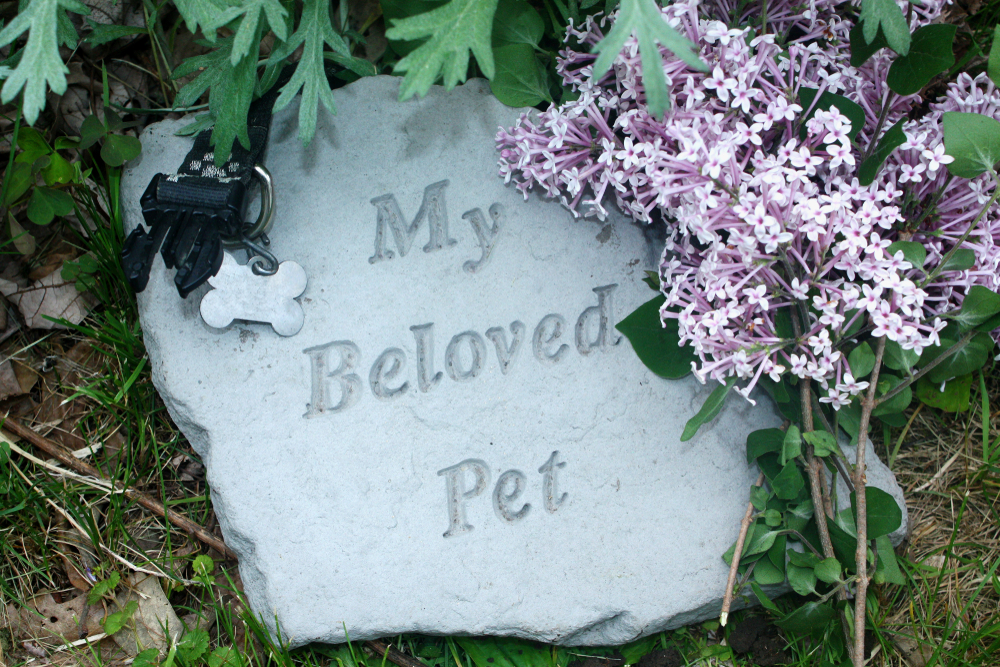
We’re Here for You
Facing end-of-life decisions is never easy, but you are not alone.
For decades, North Royalton Animal Hospital has served pets and their families with compassion, advanced medicine, and personalized care. From in-house diagnostics to surgery, urgent care, and gentle end-of-life guidance, we are committed to treating every pet with dignity.
If you are beginning to notice changes in your pet’s comfort or are facing an urgent end-of-life decision, please contact us today. Our team is ready to help you understand your options and support you every step of the way.
Call North Royalton Animal Hospital at (440) 237-7691
Or request an appointment online


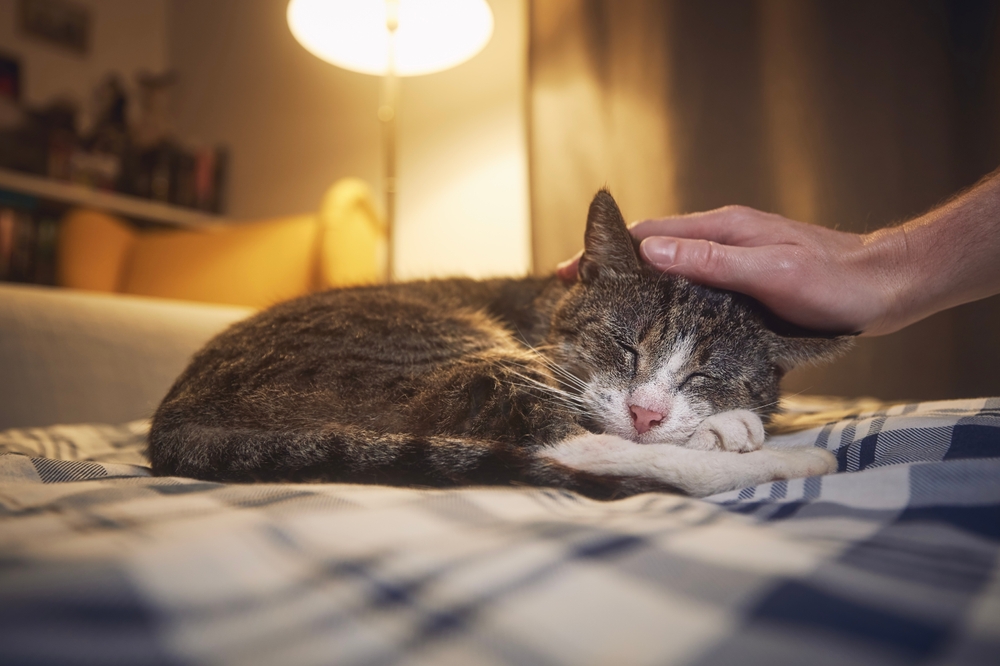

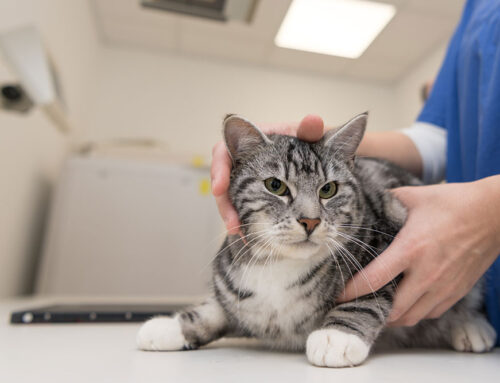
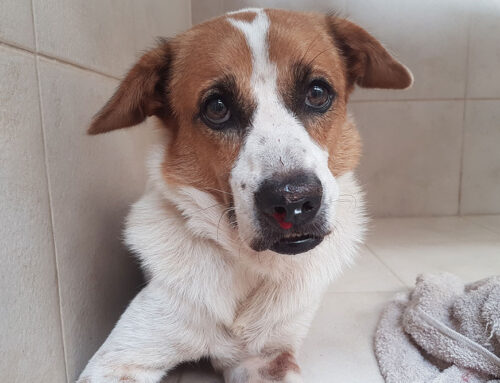
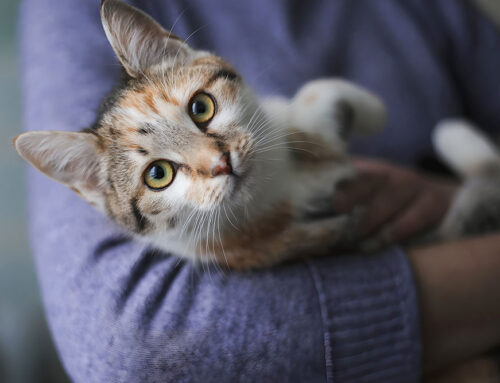

Leave A Comment